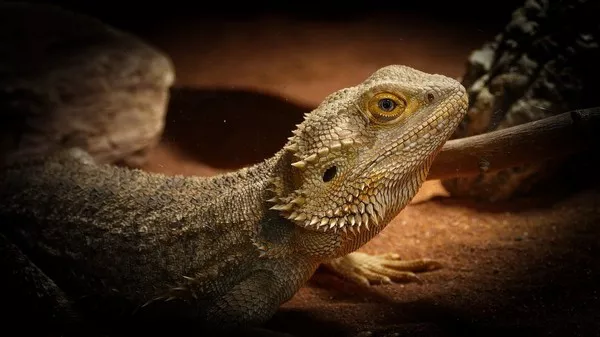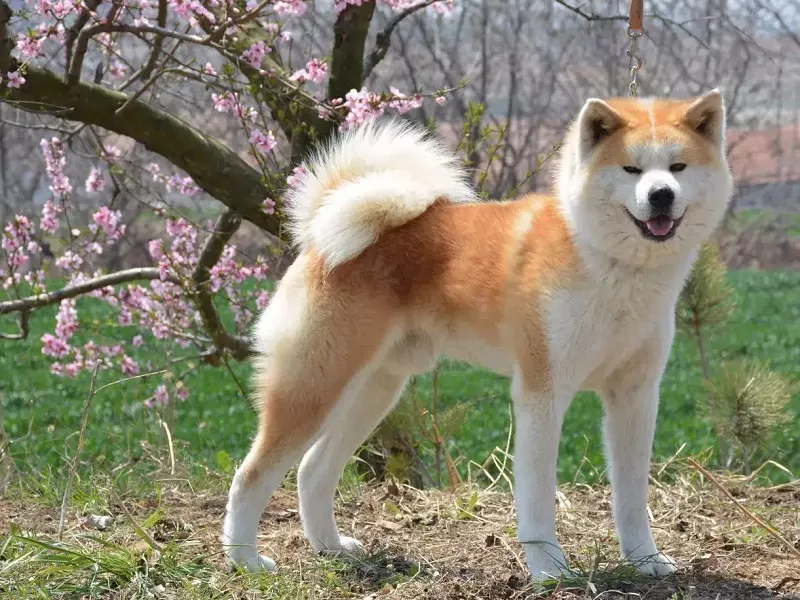Bearded dragons are a popular pet among reptile enthusiasts due to their friendly demeanor and relatively easy care requirements. As omnivores, they require a balanced diet that includes both animal protein and plant matter. In this article, we will explore the types of meat that bearded dragons can eat and how to provide a healthy and balanced diet for your pet.
Meat for Bearded Dragons
Bearded dragons require a source of animal protein in their diet to thrive, and there are several options for meat that you can offer your pet.
- Insects: The most common type of meat for bearded dragons is insects. They can be fed a variety of insects, including crickets, mealworms, waxworms, and roaches. Insects provide a good source of protein and are relatively easy to find at pet stores or online. However, it’s important to ensure that the insects are gut loaded before feeding them to your dragon, meaning that they have been fed a nutritious diet before being fed to your pet. This will ensure that your dragon is receiving the necessary nutrients from their food.
- Small mammals: Bearded dragons can also eat small mammals, such as pinkie mice or baby rats. However, this should be done sparingly, as mammals are high in fat and can cause health issues if fed too often. It’s essential to ensure that the rodents are appropriately sized for your dragon and have been pre-killed before being offered to your pet.
- Other meat sources: Bearded dragons can also eat other types of meat, such as chicken or turkey, as long as they are cooked and boneless. However, these should be offered sparingly and should not make up a significant portion of your dragon’s diet.
How to Feed Meat to Bearded Dragons
When feeding meat to your bearded dragon, it’s important to ensure that it’s offered in the proper size and preparation. Here are some tips for feeding meat to your bearded dragon:
- Size: The size of the meat offered should be no larger than the space between your dragon’s eyes. This will ensure that your pet can swallow the food without choking or causing digestive issues.
- Preparation: All meat offered to your bearded dragon should be cooked thoroughly to kill any harmful bacteria or parasites. Additionally, any bones should be removed before feeding to prevent choking or digestive issues.
- Variety: While insects are the primary source of protein for bearded dragons, it’s important to offer a variety of meat sources to ensure a balanced diet. This can include different types of insects or offering small mammals or other meat sources in moderation.
In conclusion, bearded dragons require a balanced diet that includes both plant matter and animal protein. While insects are the primary source of protein, bearded dragons can also eat other types of meat in moderation. When feeding meat to your bearded dragon, it’s essential to ensure that it’s offered in the proper size and preparation and that a variety of protein sources are offered to ensure a balanced diet. With the proper care and a balanced diet, bearded dragons can live long and healthy lives as beloved pets.


























